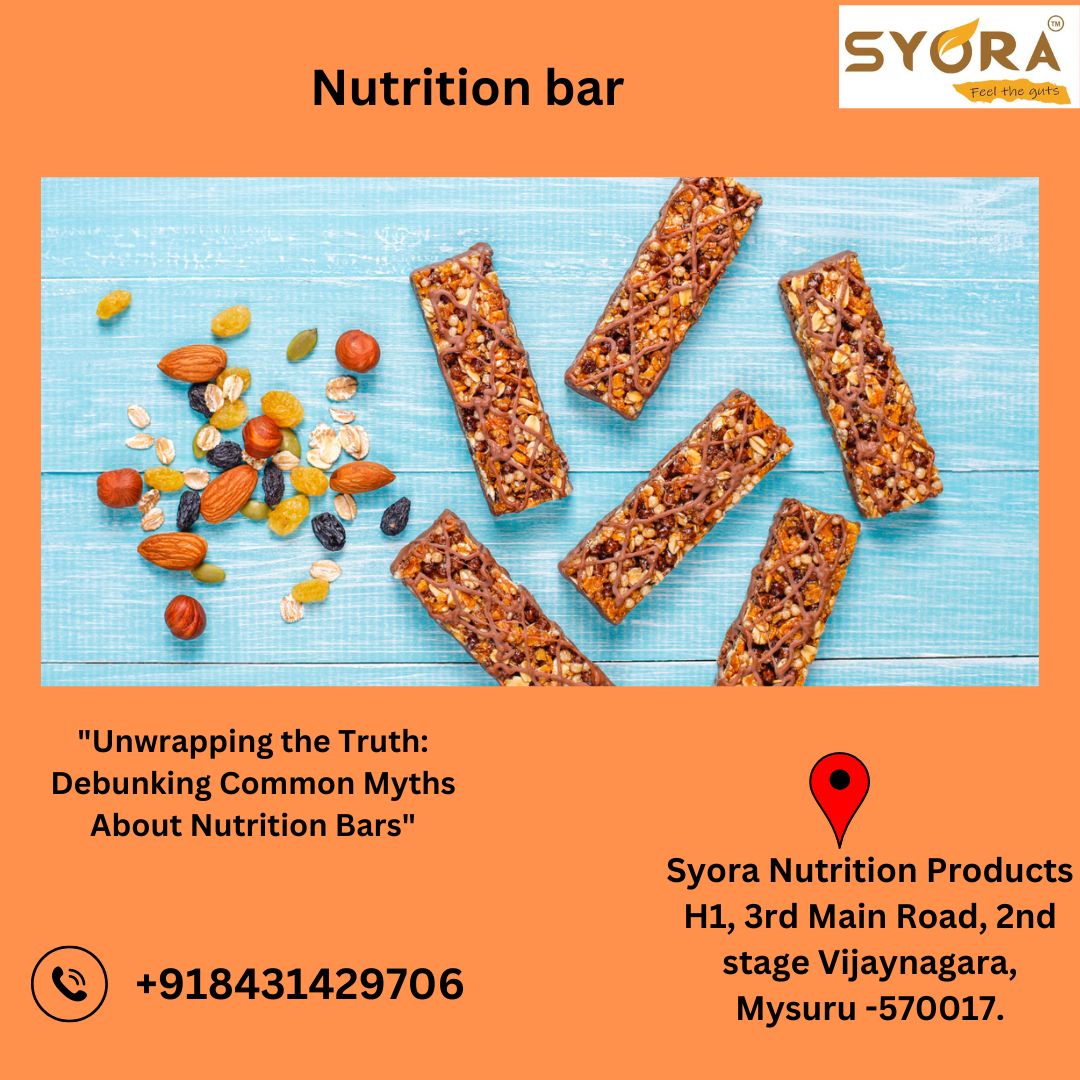In today's fast-paced world, convenience often trumps nutrition when it comes to snacking. Enter the humble nutrition bar – a compact, portable solution for busy individuals on the go. However, with a plethora of options lining store shelves, navigating the world of nutrition bars can be overwhelming. Are they truly healthy snacks or just glorified candy bars? Let's unwrap the truth and explore what makes a nutrition bar worth reaching for.
First and foremost, it's essential to understand that not all Nutrition bars are created equal. While some boast wholesome ingredients and balanced nutrition profiles, others are laden with sugars, artificial additives, and empty calories. The key lies in deciphering the labels and making informed choices.
One of the primary factors to consider is the ingredient list. Ideally, you want to opt for bars with whole food ingredients – nuts, seeds, dried fruits, and whole grains. These provide essential nutrients like protein, fiber, healthy fats, vitamins, and minerals. Steer clear of bars with lengthy ingredient lists packed with unrecognizable additives and preservatives.
Protein content is another crucial aspect to evaluate, especially if you're using nutrition bars as a post-workout snack or meal replacement. Protein helps support muscle repair and growth, making it essential for active individuals. Look for bars containing at least 10 grams of protein per serving, derived from sources like whey, pea, or brown rice protein.
On the flip side, keep an eye on sugar content. While some sugar is naturally present in ingredients like fruits, excessive added sugars can negate the health benefits of a nutrition bar. Aim for options with no more than 8-10 grams of added sugars per serving. Natural sweeteners like honey, maple syrup, or dates are preferable to refined sugars like high-fructose corn syrup.
Fiber is often overlooked but plays a vital role in digestive health and satiety. Look for bars with at least 3-5 grams of fiber per serving to help keep you feeling full and satisfied between meals. Fiber-rich ingredients like oats, chia seeds, and flaxseeds can contribute to your daily fiber intake.
Beyond the nutritional content, consider your specific dietary needs and preferences. Are you following a gluten-free, vegan, or ketogenic diet? Fortunately, there are nutrition bars tailored to various dietary restrictions and preferences. Just be sure to read the labels carefully to ensure they align with your dietary goals.
When it comes to flavor and texture, personal preference reigns supreme. Some prefer chewy, cookie-like bars, while others gravitate towards crunchy, nutty varieties. Sampling different brands and flavors can help you discover your favorites. Just remember to prioritize nutritional quality over taste alone.
Homemade Nutrition bars offer an excellent alternative for those who prefer to control the ingredients and customize flavors. With a few simple ingredients and a bit of creativity, you can whip up nutritious bars tailored to your tastes. Plus, homemade bars often cost less than store-bought alternatives in the long run.
In conclusion, nutrition bars can be a convenient and nutritious snack option when chosen wisely. By scrutinizing labels, prioritizing whole food ingredients, and balancing protein, sugar, and fiber content, you can make informed choices that support your health and wellness goals. Whether you're fueling up for a workout, refueling post-workout, or simply satisfying a midday craving, there's a nutrition bar out there to suit your needs.


No comments yet